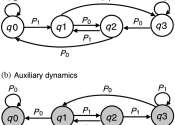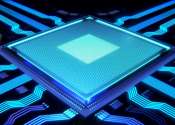The sun is a star when it comes to sustainable energy
At a national scientific meeting last week where biofuels - principally ethanol - were uniformly trashed as an environmental train wreck, one bright, carbon-free light gleamed in our energy future: the sun.









